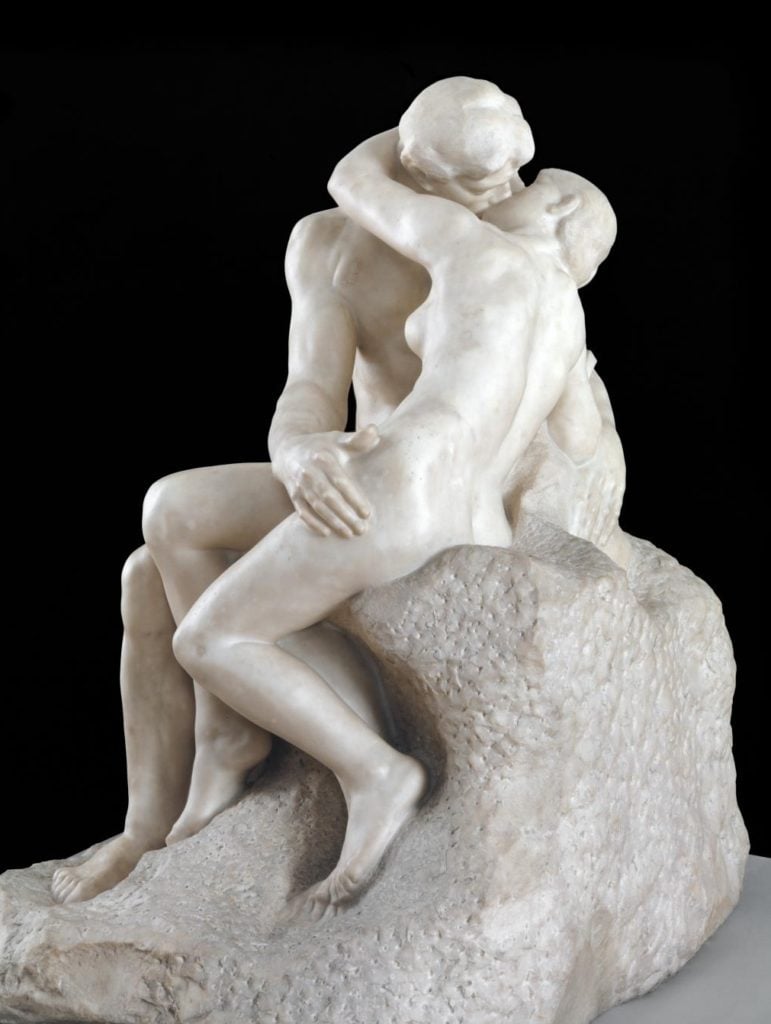Law & Politics
A Paris Court Has Sentenced Two Rodin Dealers for Counterfeiting Reproductions by the French Sculptor
The case has dragged on for nearly two decades.

The case has dragged on for nearly two decades.

Eileen Kinsella

American businessman and art dealer Gary Snell was found guilty in a Paris appeals court last week and given a one-year suspended sentence for selling unauthorized casts of original molds by the late French sculptor Auguste Rodin, the AFP reports. Meanwhile, Snell’s business associate, Parisian dealer Robert Crouzet, received a four-month suspended prison sentence and both men were ordered to pay a total of €500,000 ($562,000) in damages and interest to the Musée Rodin, which controls the production of the artist’s work.
When the artist died in 1917, he bequeathed the contents of his studio and the right to produce casts based on his plaster molds to the French state for a museum. Today, the Musée Rodin gets a portion of its funding from the sale of sculptures created from the original molds, but it says that some of those molds never made it to the museum and were instead snapped up by Snell and his former company, Gruppo Mondiale, according to AFP,
The charges were first brought against Snell, who is now in his 70s, in 2001. He was prosecuted for publishing and marketing works attributed to Rodin without revealing that they were reproductions made from plaster casts that came from the Rudier foundry, where Rodin worked while he was still alive.
Gruppo Mondiale allegedly produced some 1,700 bronzes drawn from 52 works by the artist, selling for an average selling price of €40,000 ($60,300)—or about €68 million ($76 million) total.
The case has been postponed numerous times. In November 2014, after an initial trial, the Paris Criminal Court found it could not conclude whether the sculptures were manufactured, exhibited, or sold on French territory and that the lawsuit was therefore not in its jurisdiction. But the prosecution appealed and was able to secure a new trial.
Snell’s attorney, Christian Beer, told the AFP his client was “ruined” by the case and is considering an appeal.